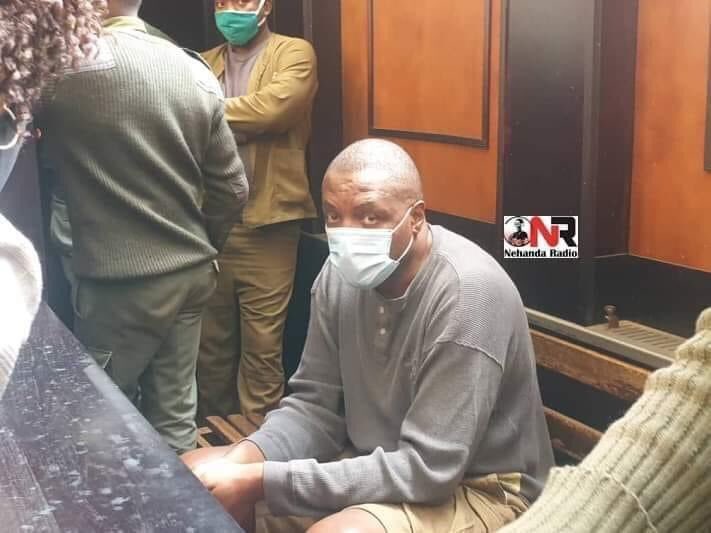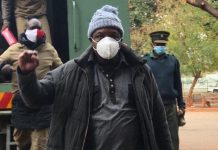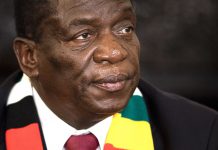For some, it was the only transfer of power they’d ever witnessed. For others, it provided relief from Mugabe’s three decades of autocracy — a period marked by a struggling economy, massive corruption and the stifling of dissent.
When Emmerson Mnangagwa — Mugabe’s vice president and longtime ally — took over as president, he pledged to tackle the country’s endemic problems and said free expression would be “indispensable” in the “new Zimbabwe.”
Many journalists felt optimistic. Including freelancer Hopewell Chin’ono.
But Mnangagwa’s leadership has turned out to be not much of a departure from the Mugabe era. And Chin’ono has gone from voicing support for the new president’s plans — to being his prisoner.
The government has been trying to silence reporters like Chin’ono, who report on high-level corruption: imprisoning them, imposing social media restrictions including a proposed cybercrime bill, and dispelling dissent, journalists and activists say.
It’s part of a larger trend globally that gained traction in Africa, where leaders have called for “proactive” responses to tackle false news and what they see as an abuse of social media.
“There was so much pain [in Zimbabwe] for so long that people really did want to believe there could be change,” said Janet Heard, a South African journalist who was a fellow alongside Chin’ono at the Nieman Foundation for Journalism at Harvard University. “It was a real wake-up call when Hopewell was arrested. I got a hell of a shock.”
‘Ludicrous’ arrest
On Oct. 26, Chin’ono tweeted about the arrest of Zimbabwe politician Henrietta Rushwaya, who was accused of trying to smuggle gold out of the country.
Henrietta Rushwaya who is reported to be close to the National Prosecution Authority boss is being brought to court tomorrow after being arrested with 6kgs of gold.
My NPA sources tell me that the NPA’s position is that bail is not opposed!
The real criminals get bail always. pic.twitter.com/L48yVOUTde
— Hopewell Chin’ono (@daddyhope) October 26, 2020
Chin’ono’s tweet cited sources from the National Prosecution Authority as saying that prosecutors were not opposed to giving bail to Rushwaya. The tweet turned out to be true — prosecutors initially supported giving bail to Rushwaya.
A week later, authorities arrested Chin’ono on accusations that he obstructed justice by tweeting and had violated the bail terms of a previous arrest. On Tuesday, a court is due to hear his appeal for bail.
“He’s in pretrial detention on a charge that frankly is ludicrous,” Angela Quintal, the Africa program coordinator for the Committee to Protect Journalists (CPJ), told VOA. “They’re doing that, one, to break his spirit, and two, to send a signal to others, that ‘if you’re going to do what Hopewell Chin’ono does, you’ll be next.’”
The arrest is the second for Chin’ono this year. He spent over 40 days in detention for incitement to participate in violence after he tweeted support for anti-government demonstrations. In that case, he received bail on the fourth attempt.
During that time, Zimbabwe’s secretary for information, Nick Mangwana tweeted that “no profession is above the law.”





